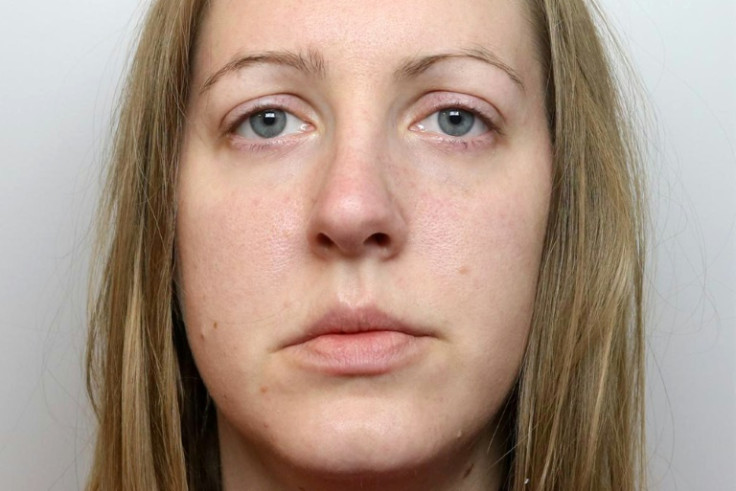How did nurse Lucy Letby end up killing seven innocent babies?
The British nurse, Lucy Letby, is being called the UK's most notorious child killer.

Lucy Letby, the 32-year-old British nurse convicted of killing seven babies, has been given a rare whole-life term sentence for the murders.
She was handed the sentence by Manchester Crown Court in northern England on Monday. Letby was also accused of trying to kill another six between June 2015 and June 2016 at the Countess of Chester Hospital.
The punishment meted out to Letby may have brought some relief to the grieving parents, but it has not stopped people from asking why someone would kill innocent babies.
The police have launched an independent inquiry to understand how she was able to carry out the murders before they were eventually reported to the police, per a report in The Independent.
Several theories have cropped up since the case first came to light. One of the arguments put forward by the prosecution attributed the killings to her "infatuation" with a doctor. It was alleged that she killed the babies to gain the sympathy of a doctor working at the hospital. And that she wanted to be the centre of his attention.
However, Letby denied all such allegations and said that she loved the doctor as a "trusted friend" and that there was nothing romantic about it. During the trial, senior nurse Kathryn Percival-Calderbank told jurors that Letby found it "boring" when she was given the duty to look after less sick children.
"She expressed that she was unhappy at being put in the outside nurseries," said Calderbank. "She said it was boring and she didn't want to feed babies. She wanted to be in the intensive care."
The matter came to light after the hospital authorities called in police to investigate the "significant rise," in infant mortality rates.
One of the babies was just 24 hours old when Letby allegedly injected him with air. It is alleged that she tried to kill his twin sister the next day, Manchester Crown Court was told.
Letby reportedly tried to kill some babies more than once, using different methods. Last year, the court was told that sometimes the babies were injected with air down a tube into their circulation, and sometimes they would be injected with insulin. On other occasions, they would be given too much milk, which may have had "catastrophic effects" on the newborns.
A baby was just a day old when he died under Letby's watch in June 2015. Her final victims were two triplet boys. During the trial, prosecutors told the court that "she was in effect playing God" when the killings took place.
"She was controlling things. She was enjoying what was going on. She was predicting things that she knew were going to happen," said one of the prosecutors. During the searches at her home, the police found several handwritten notes, one of which read: "I am evil, I did this."
"I killed them on purpose because I'm not good enough to care for them. On another note, she wrote, "I will never have children or marry. I will never know what it's like to have a family," read another note.
The prosecutors called the killings "a complete betrayal of the trust placed in her." They further stated that Letby "gaslighted" her colleagues into believing that the deaths were just "a run of bad luck."
She killed the babies by overfeeding them with milk, poisoning them with insulin, and sometimes physically assaulting them.
Dr Ravi Jayaram, a consultant paediatrician at the Countess of Chester Hospital, was among those who raised concerns about Letby. He says that some of the lives could have been saved if the police had been alerted sooner.
"I do genuinely believe that there are four or five babies who could be going to school now who aren't," Dr Jayaram told ITV News after the court convicted Letby of the murders.
He said that concerns about Letby were first raised in June 2015. However, she was arrested only in July 2018 and subsequently charged in November 2020. The trial in her case began in October of last year. The court has not yet announced her sentence.
© Copyright IBTimes 2025. All rights reserved.






















